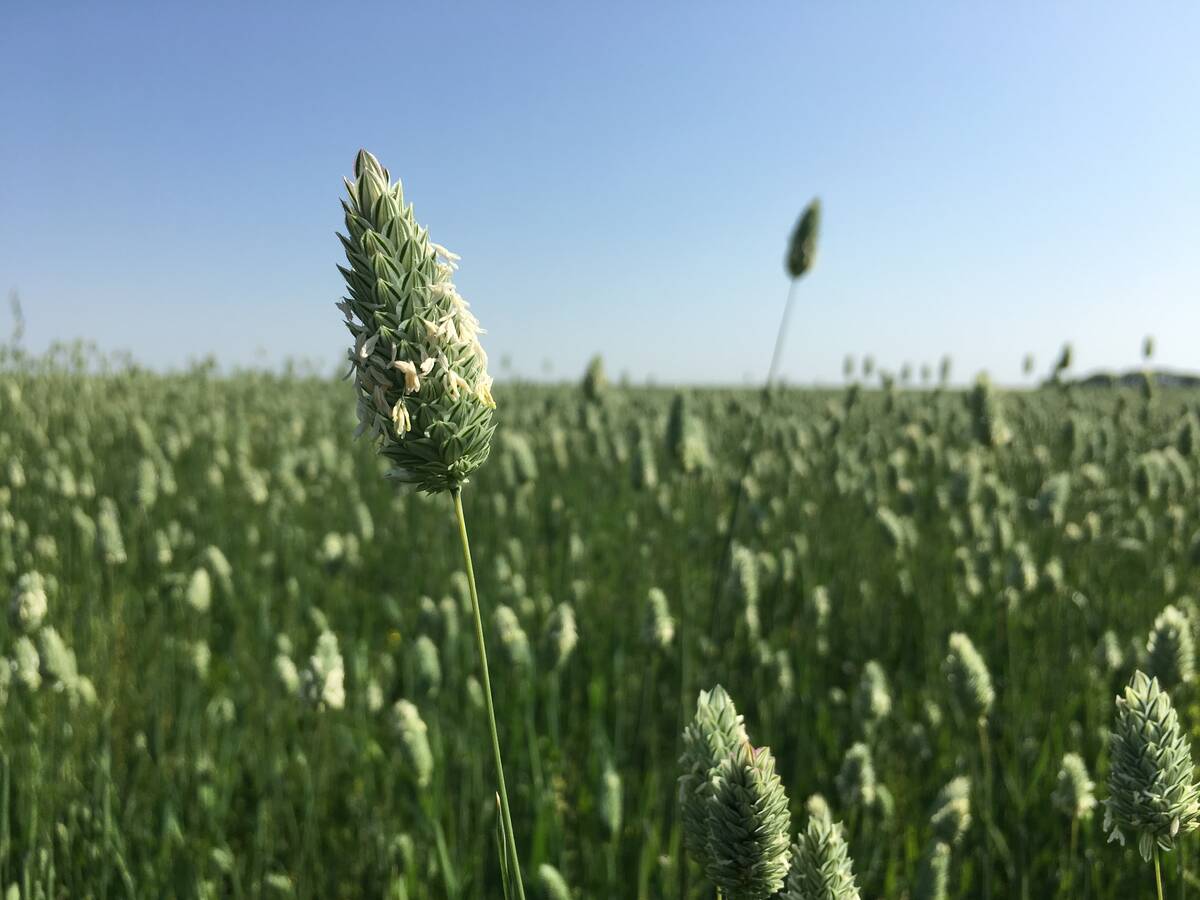This week sees the one-year anniversary of the end of CWB’s monopoly, and it’s been a year of action but little crisis.
I’m one of those who expected a lot of grain marketing problems be-cause of the switch, so I’m pleasantly surprised that everything’s gone so well.
I thought there would be some significant problems from attempting to re-engineer a huge marketing and transportation system while it was still running, but lots of stuff seems to have gone right.
The following is a list of developments I have found surprising and interesting, followed by a list of questions I think still need to be answered.
Read Also

No special crop fireworks expected
farmers should not expect fireworks in the special crops market due to ample supplies.
- The trains ran on time.
Well, they ran about as well as could be hoped. No year is the same and all sorts of little wrinkles appear each shipping season, but I was surprised to be not covering major issues with huge logjams as the CWB’s command-and-control system was replaced by the normal commercial grain-handling arrangements that govern other grains.
Canada’s wheat and durum crops are huge, so the lack of crisis was a significant achievement.
- New players entered the market.
A number of foreign and non-prairie grain marketing firms have set up shop in the last couple of years and have been checking out the new free market in prairie grains.
Canola, pulse crops, other food crops and feed grains have always been free from CWB control, so I was skeptical of the argument that the monopoly was holding back numerous players from entering the market.
However, the arrival, even in a minor way, of a number of new players seems to have shown that clearing away regulatory complications really does open up the business, at least temporarily.
- The political rancor subsided.
As the end of the CWB monopoly approached, a lot of people on the pro-monopoly left seemed to withdraw from the issue.
I expected the politics to heat up, not cool down, but as the new era dawned, things got pretty quiet from the defenders of the monopoly.
Perhaps they were simply dispirited, or they didn’t want to attach themselves too closely to a lost cause, or maybe they were worried that the change would go well and their concerns seem misplaced. Regardless, they have been relatively sedate within the new regime.
Ditto on the right. There was some vocal celebrating from the longtime enemies of the monopoly, but that was soon subsumed by the many efforts across the grain industry to erect new wheat, durum and barley bodies to oversee development of those industries.
And as major changes loomed for organizations such as the Canadian Grain Commission and the Canadian International Grains Institute, many non-ideological farmer organizations applied their efforts to those developments and left the divisive monopoly debate behind.
- Will the deregulated market lead to ever-increasing domination by a handful of giant players now that the CWB monopoly is no longer available to facilitate access to small grain marketing firms, small grain companies and producer car shippers?
- Will the hodgepodge of provincial and commodity-specific grain organizations that are now forming be able to offer a voice for the grain industries the way the Canola Council of Canada does for canola? Canadian wheat and durum are important world ex-port crops.
- Will all the institutional voids left by CWB be filled by the myriad organizations developing in its wake?
- Will grain politics remain cool and on the backburner, or will some issue provide a new battleground for our eternal left-right divides to re-engage in conflict?
It’s been an interesting and oddly calm first year of marketing freedom for grain. It’s going to be interesting to see this baby grow up. We’re just entering the toddler years, so perhaps some tantrums are ahead.
Stay tuned.















